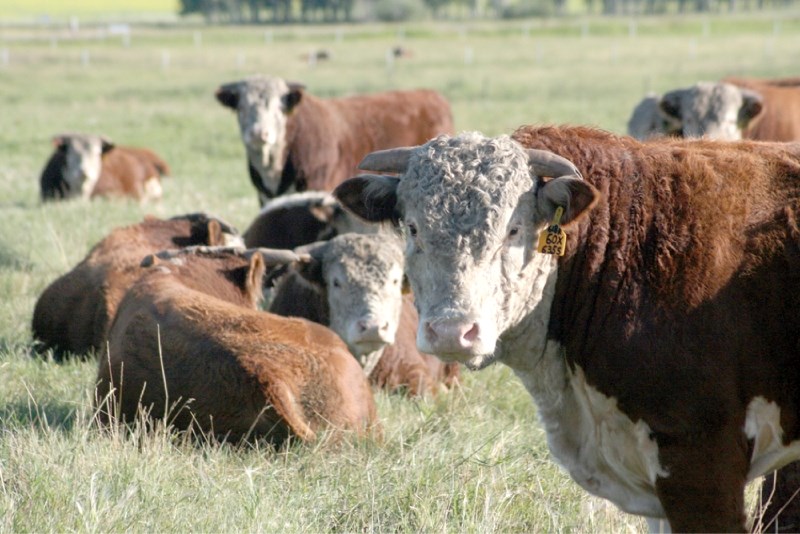The Canadian government announced Aug. 14 that after an eight-year ban that came in the wake of the BSE crisis in May 2003, Vietnam is opening its borders to Canadian livestock.
The announcement, made by Agriculture Minister Gerry Ritz and International Trade Minister Ed Fast, applies to breeding cattle, sheep and goats and takes effect immediately.
“Canadian farmers and their families know that international trade is fundamental to their financial security,” said Fast. “Canada welcomes this decision by Vietnam. Closer economic ties with Southeast Asia will create jobs and opportunities for Canadians.”
According to Doris Rempel, executive assistant of the Canadian Beef Breeds Council, the announcement is a welcome one.
“It presents a great opportunity,” said Rempel. “Prior to the BSE crisis, Vietnam was a very Communistic country. They didn’t accept our cattle. They wanted to be relying on their own domestic herds.”
The market is worth $50 million and includes access to beef liver, heart and kidney, as well as the genetic material of cattle, sheep and goats.
“We can also ship semen and embryos,” Rempel said. “Our quality of genetics and success rate is very high. Even if we get a few cattle over there, Vietnam will be able to cross breed with their domestic herds.”
Vietnam’s announcement also allows a cooperation agreement, which was signed in October 2010 by the Canadian Livestock Genetics Association and Vietnam’s Institution of Animal Sciences to aid genetic improvement in Vietnamese sheep and goats, to go ahead as planned.
While Vietnam is the first Asian country to accept live Canadian livestock, most of the Asian countries re-opened their markets to Canadian beef last year. South Korea was the last country that still banned Canadian beef imports, but announced in June that they would resume imports by the end of the year.
Doug Wray, a local rancher, believes that while the Vietnam market is a small one, it has the potential to encourage other Asian countries to follow suit.
“It’s a pretty small market, but everything helps,” Wray said.
“It’s a positive thing when more countries open their doors and with the more countries that sign on. Korea and Japan are much bigger market, and China is the ultimate one in terms of population and demand. I think it’s positive, but not dramatic.”



